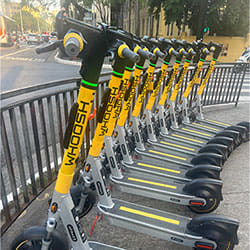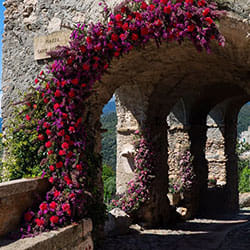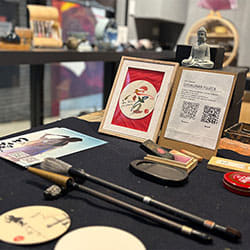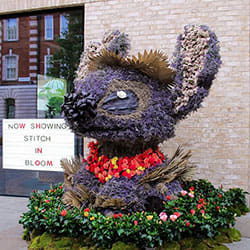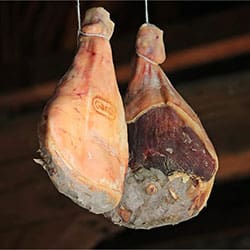I guess people in most countries and regions have a funeral when someone dies, and in this article, I’m writing about funerals in Thailand.
The differences in Buddhist beliefs and cultures mean that funeral ceremonies and rites differ depending on where they are held.
I’d like to tell you about a few of those main differences.
There are a number of differences between funerals in Japan and Thailand.
First, in terms of how long they take, Thai funerals take a relatively long time and are held over an odd number of days.
The schedule differs according to the status and so on of the deceased person.
They are generally held over 3, 5, or 7 days.
Some funerals are held over a shorter period than usual.
I have friends from overseas who were surprised to hear how long funerals are in Thailand.

Buddhism is the most common faith in Thailand, 96% of the population are Buddhist, which makes Thailand the leading Buddhist country in the world. So, funerals are held according to Buddhist rites and are held at temples which have a crematorium.
Families that have lived in the countryside regions for a long time and have large, spacious homes hold funerals inside their homes, and the neighbors come and help out.
At noon, food is served to the relatives, friends, and neighborhood acquaintances who are attending, then 4 Buddhist priests are invited at night, and Buddhist scriptures are chanted to the deceased.
Nowadays there are quite a lot fewer families that hold funerals at home compared to olden times. It takes quite a lot of effort to prepare all the various things for a funeral, so recently more and more families use the temple’s professional funeral organizers.

Usually at funerals, people put up wreaths made from the deceased’s favorite flowers, which colleagues and acquaintances have presented, and they put the deceased’s favorite things beside the coffin.
Some families say wreaths and condolence money are not necessary and prefer that they be donated to a temple, hospital, or orphanage, etc.
On the final day, large numbers of people gather for the cremation, then once the priests have finished the Buddhist rites, the “dokmai chan” (flowers made of thinly shaved wood) are handed out, and they are placed either below the crematorium coffin, or in a designated spot. Then the body is cremated.
The next day, the ashes are laid to rest. Only relatives and close friends attend this ceremony to lay the deceased’s ashes to rest.
They don’t have tombs in Thailand like the ones in Japan, instead, ashes are laid to rest in columbaria (buildings that house cremated remains), Buddhist pagodas, and temple walls.
As well as that, people who were affluent in their lifetime might buy a plot of land at a temple and build a mausoleum, or they might release the ashes into a river or the sea, and so on.
Family members later gather on Thai New Year or the anniversary of the deceased’s passing to hold a memorial service, they might visit the grave, invite priests to chant sutras, and so on.

Before they die, some people even express the wish, “Don’t wear black at my funeral, and don’t play sad songs.”
A friend of mine had those wishes.
Dying just means a person has left their body. Good memories of the deceased remain. And there are all sorts of different approaches to funerals, right?
Although there are diverse cultural practices, approaches, and funeral rites, what’s important is the feelings of the surviving family members and the deceased person.
It’s important at funerals to bring your thoughts as close as possible to those feelings and attend the funeral with sincerity, no matter what the funeral rites are.










